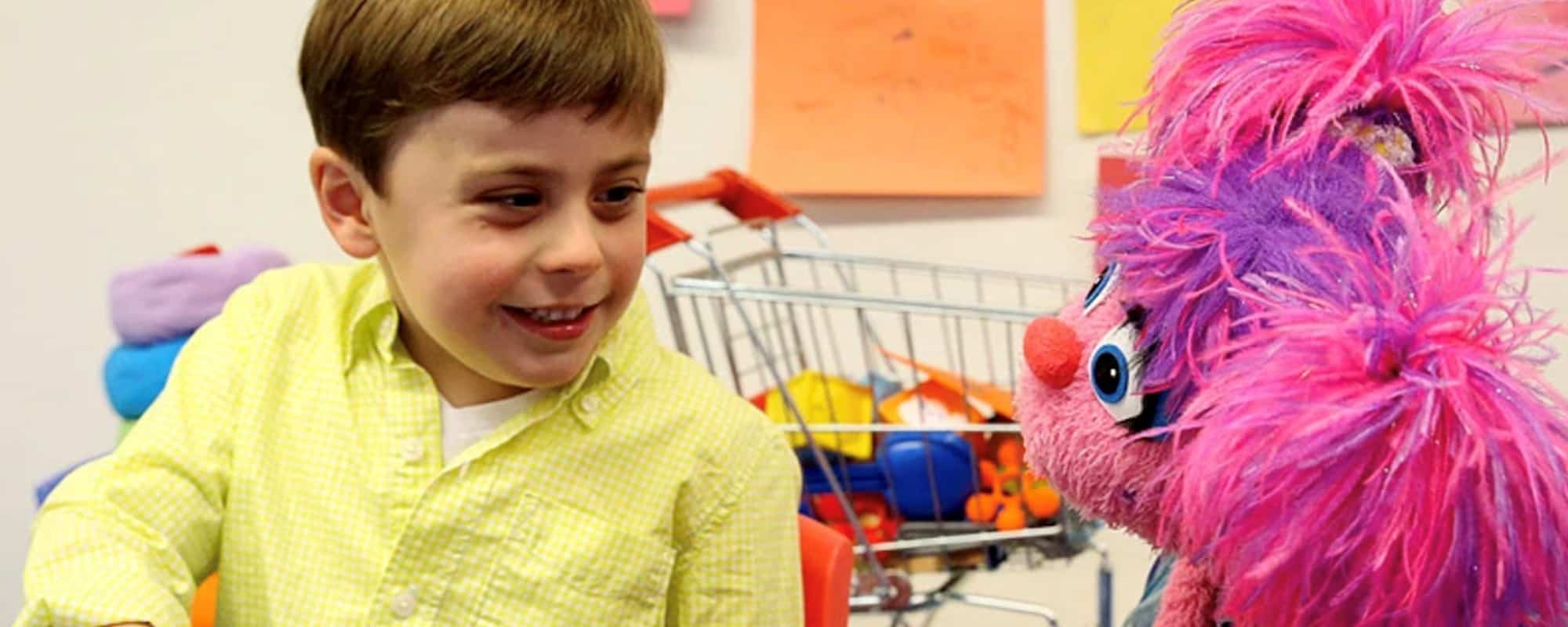All children like routines. They help them to ease transitions and prepare them for what comes next. For those on the autism spectrum, routines are especially important.
Knowing what to expect helps to create a sense of safety and calm. All children can get thrown off when schedules and routines change, but children with autism can have an especially tough time.
Common changes or new situations might include leaving the home, meeting new people, going somewhere new like the doctor, doing things in a different order (like having dinner before a bath instead of afterwards), or a complete change in routine like having mum and dad work from home due to Covid-19.
There are however some simple ways to help your child cope with change, whether big or small.
Create Visuals
Create visuals such as charts to help children understand new routines or changes. Visual schedules can help prepare children for their day at home or school and show what is expected of them, and they’re a great tool to let your child know when certain things are going to happen throughout the day.
Start by keeping schedules short and sprinkle in lots of fun activities as rewards!
Preparation is Key
Prepare your child, particularly when it comes to outings. Try to give your little one as much advance notice as possible that you’re heading out to let him or her know what to expect and what will be happening.
Some ways to prepare for an outing include:
- Show some pictures of where you will be going and what you’ll be doing once you arrive.
- Repeat the information as much as possible – just before setting off, on the way there and upon arrival.
- You can also make a visual schedule with simple pictures that represent, for instance, a suitcase, car, grandma’s house, cousins, dinner, and home again.
Acknowledge Achievements
Embracing change is a huge achievement for any child. Make sure you let your child know you’re proud of them when they show flexibility. “I am proud of you when…, you are being flexible.”
Provide Alternatives
Changes might feel a tiny bit less daunting when we feel we still have choices. For example, “We cannot go around the block, but we can play in the backyard.” It might not seem like these efforts are making a difference at first, but with time and consistency, they can create an environment where change is easier on everyone.
Create Fun Family Traditions
Traditions and rituals are an important part of routine, and can make new situations and change – like the start of school or going on a holiday – feel familiar and less frightening. And when children feel secure, they may be more likely to try something new.
So, create traditions that celebrate your family. Make up a family cheer, a special handshake or hug. These kinds of things reinforce the idea that you form a family unit together and that you’re all there for one another, no matter what.
Research
Many venues have special passes for children with autism or other special needs. Call ahead to find out how you might be accommodated. If possible, look for quiet places in which your child can decompress away from any crowds so that you can all stay there longer – and have more fun!
The Big Changes like Covid
Your child may be wondering – why is everything so different, or why am I feeling scared?
They might have heard words like Covid-19 or Coronavirus, know people who have been sick or may have missed some school. Perhaps their therapists and other community members have missed appointments due to lockdowns or restrictions.
For children that are verbal, find out what they already know and ask questions like:
- Have you noticed any differences in our lives right now?
- Do you know anything about what has been happening?
- Do you know what Covid-19 or the Coronavirus is?
- What questions would you like to ask me?
Provide as much reassurance as you can, watch for any signs of stress and let them know that you’re working hard to keep your whole family safe. For children that are not verbal, explain the changes right away and look for signs of stress.
Also, keep as many of their routines the same and emphasise the things that will stay the same, like eating breakfast, taking a bath, brushing our teeth, bedtime, getting dressed, etc. These simple tips can help you to manage change and help your child deal with those changes in a way that will keep them feeling safe, calm and assured.





